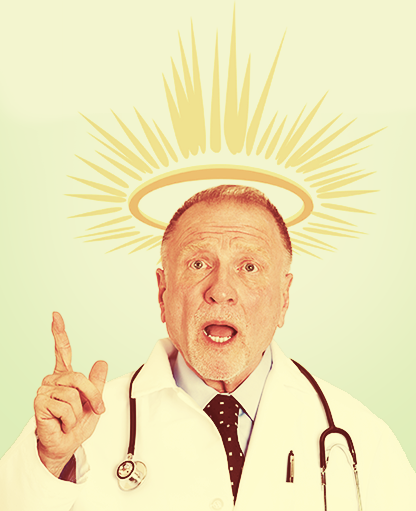
A little joke used to circulate among my generation: A woman dies and goes to heaven. Waiting on a long cafeteria line to pick up lunch, she sees a man in hospital scrubs, with a stethoscope around his neck, boldly step right to the front of the line. “Who does that doctor think he is?” she indignantly asks the man standing in back of her. “Oh, that’s God. He just thinks he’s a doctor,” the man explains.
We used to think
that was pretty funny, because we grew up thinking doctors
were Gods.
Our mothers revered them and hung on their every word when we were sick. If someone in our family was a DOCTOR, he was considered a rich relative. Of course, it would be a great accomplishment if we married a doctor. (A dentist was the next best thing.)
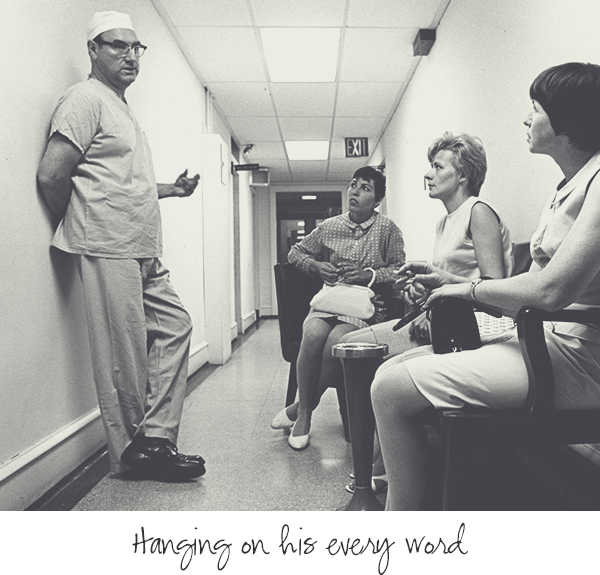
We automatically became part of the doctor cult when we became mothers. I instinctively called the pediatrician for guidance and reassurance every time my baby boy had a temperature spike, unfamiliar cough or uncommon bowel movement. It goes without saying that we, too, unreservedly trusted our doctors about our own health.
Until we didn’t. Somewhere during the last couple of decades, the ‘boomer’ generation (of women, especially) started taking charge of our own bodies, just as we’ve taken charge of our careers, our lifestyles, our finances, and a whole lot more.
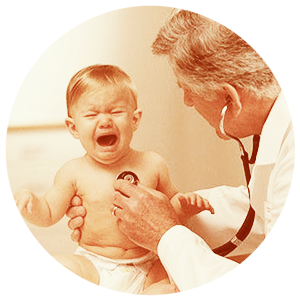
Doctors misdiagnosed my dad’s advanced melanoma in 1988, claiming it was “salmonella.” A dermatologist told me the rash on my stomach looked like “syphilis,” when I was 23 and had never slept with anyone but my 23-year-old husband, who surely didn’t have syphilis. My son’s godly pediatrician turned ungodly when he adamantly and repeatedly claimed four-year-old Colby had a “bad cold,” which, in fact, was pneumonia. And we only discovered this when I insisted Dr. S do a chest X-ray on my coughing and feverish little boy. Antibiotics cured the pneumonia in days and the experience started curing my case of Doctor Worship.
Of course, the internet is jam packed with medical information, and while much of it is general, filled with inaccuracies, or just plain hogwash, it at least can prompt us to question our doctors, literally and figuratively.
Most doctors do not like that, including
the old timers who have been Gods for so long, as
well as many boomer doctors, who grew up thinking they’d become Gods when they received their MDs.
(Ironic that boomer doctors don’t get it!)
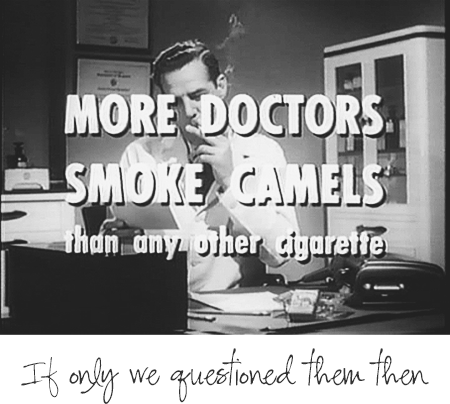
Personal case in point: I started seeing a cardiologist within the last few years, who specializes in women and heart disease. She’s especially interested in teaching women how to protect their heart health. The visit wasn’t prompted by bothersome symptoms, but I believe it’s important for women to have their hearts checked properly, since heart disease is our Number One killer.
My blood workup indicated my “bad cholesterol” increased beyond the “normal range,” although it wasn’t out of sight. My “good cholesterol” and triglyceride levels remained excellent. Dr. G immediately told me I “needed” to take a statin drug, which would make my bad cholesterol less bad and lower my risk for heart disease. Although I filled the prescription and started taking the medication, the more I read about statins, the less I wanted to take them.
Without getting into a diatribe about statins, one of their lovely side effects can be diabetes. Since my mom had diabetes, I have a predisposition to it. When I told the doctor my concerns, she said: “We actually prescribe statins for people with diabetes.” I didn’t quite understand what that had to do with me, and I didn’t question her further. I simply decided to stop taking statins.
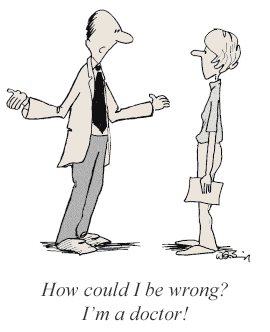
Since then, I’ve interviewed a top Chicago woman’s heart specialist for FabOverFifty, who introduced me to an online test that determines a patient’s risk for developing heart disease or suffering a stroke. After plugging in my blood pressure (normal), good cholesterol and triglyceride levels (excellent), and a few other numbers, I clicked the button and anxiously waited a few seconds for the results. Good news! I’m highly unlikely to get heart disease, based on my profile, and I’m NOT A CANDIDATE FOR STATINS, EVEN FOR A MILD DOSE. I double-checked with the Chicago doctor, who confirmed my results. Interestingly, the test doesn’t even ask for LDL levels, because it’s the HDL that keeps plaque from forming in our arteries.
When I emailed my doctor about the test, she responded that “it’s not valid for people over 59.”
“Incorrect,” I emailed back. “If you’re over 59, it will only assess your 10-year risk versus your lifetime risk. At 67, I’ll take the 10-year-risk.”
She never responded.
I’m not interested in one-upping someone who went to four years of medical school, internship, residency and other grueling training she needed to become a heart specialist. All I’d like is for her to recognize that she shares something very important with her patients. She, too, is a human being.
And human beings do make mistakes, even when they have M.D. in back of their names.


0 Responses to “Is There A God (Oops! Doctor) In The House?”
Cheryl Cox says:
Wanted to add that the niacin also caused little or no side affects, i took a baby aspirin 30 minutes before for about a week and now do not even need to do that. Its been great. Also, I am a diabetic and was given statins anyway.
Cheryl Cox says:
What were those tests called that you took to check your chances for heart disease? And where didi you find them? I would be really interested in that information, would like to take it for myself. Heart disease runs in my family. Many Doctors don’t tell patients they can use simple over the counter non-flush niacin instead of statins!! My Dr gave a statin that resulted in muscle pain so severe i couldn’t hardly move. It affected my psoratic arthritis horribly. Had to do my own research to find out about niacin and it has been remarkable in reducing all my numbers and raising the good numbers.
Geri Brin says:
Hi Cheryl,
Here’s the url for the risk estimator: http://tools.cardiosource.org/ASCVD-Risk-Estimator/ The doctors are supposed to use it, but I believe some of them ignore it.
Best,
Geri
Pam Millershaski (WiReD Boutique Jewelry) says:
I definitely take care of myself & my own body so I can stay “out” of the doctor’s office.
However, I now have a fabulous family doctor who takes the time to find out what’s going on in my life (and remembers it). He wasn’t easy to find in my area, and was (not surprisingly) booked solid. Before him, I went through several other doctors, but none of them even looked me in the eye. I realized that it wasn’t necessarily their fault, they were just swamped.
I liked the fact that you were so proactive with the statins!
Michelle says:
Very good post, Geri. It seems that doctors will spend every dollar your insurance will provide, prescribe a pill for every little ache and pain, or refer you to a specialist who will do exactly the same. It’s a rare thing to find a doctor who will take the time to truly get to know you and your health rather than process you through assembly-line style.
Geri Brin says:
Thank you, Michelle. I agree with your thoughts, as well. My wonderful internist for decades was Dr. Stan Mirsky, who died a few years ago.
I miss his passion, his diagnostic ability, his common sense, and his ability to connect with his patients. He was always there for me and helped my children on many occasions.